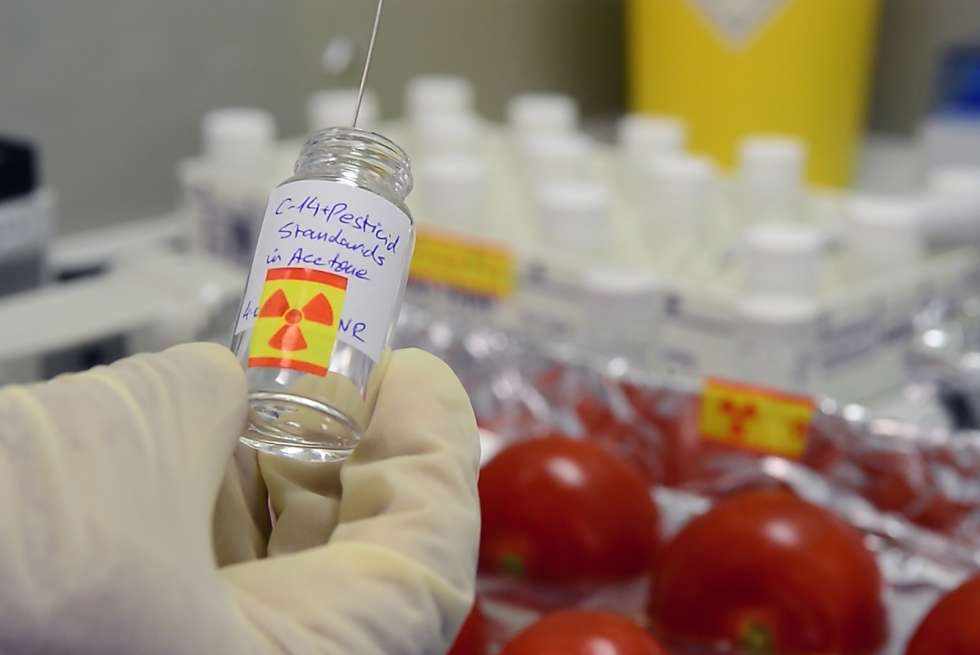Food: Integration
From the Series: Food
From the Series: Food

On many a trek across the hills and along the muddy paths of Northwestern Tanzania, I found myself in conversation with travelling companions on a topic that was dear to their hearts, and never far from their thoughts (especially in times of appetite-building hiking), namely: the meal we would eat when we got where we were going. I also knew that every discussion of the hardships of the road detailed the many expenses that long-distance transport entailed, and concluded with the phrase: “And you haven’t even considered the costs of food!” The Haya farmers I lived with also had a clear sense of their distinctiveness from their fellow Tanzanians, who (so they claimed) mostly ate ugali (porridge made from corn, or sometimes cassava meal), in contrast to every respectable Haya householder who provided his family with ebitoke: large, unripened plantains steamed into a hearty, heavy mass, suitable for carbo-loading. On one such trip, my friends began to comment on the many farms we passed in a somewhat distant village. “You could never get good plantains from these fields,” said one. “These people must not know how to farm, ” added the next, “Those are some of the sorriest looking plantains I have seen. How can they get their fill?”
Exchanges like this one, which only amplify on everyday bits of talk, thrown into relief by the slightly remote (though entirely familiar) setting, demonstrate what each of my cohorts’ recent postings on this “Field Note” also suggests: culinary matters provide a privileged vehicle for making moral claims. Whether we decry the nutritional quality of the “industrial” diet, denigrate the tastes of those we feel are less refined, police the borders of “real food,” or extoll the virtues of the best things to eat, we offer evaluations – like those of my Haya companions – of the soundness of the judgments and experience of ourselves and others through the ways that we eat.
Such moral claims are no less widespread, indeed they are notoriously pervasive, among the foodies and locavores who favor pasture-raised pork, with whom I’m currently working. Their interests in ethical consumption derive from a range of moral commitments: to animal welfare, to environmental stewardship, to a communitarian ethos, to an anti-capitalist ideology (occasionally, if notably more rarely, to improving labor conditions for farm workers).
The prevalence of this relationship between matters moral and gastronomic inspires me to briefly revisit the ur-text on such questions, the well-trodden Book of Leviticus, without which the Anthropology of Food would look entirely different, and Food Studies would be almost unimaginable (and certainly far less imaginative). Rather than considering the array of anomalous categories the Book details, it’s worth thinking about its themes as whole. Not only is the text an early guide to cookery (“ And when any will offer a meat offering unto the LORD, his offering shall be of fine flour; and he shall pour oil upon it, and put frankincense thereon” Leviticus Ch. 2, v. 1) it combines an interest in things edible; with an account of proper clothing; as well as a detailed and practical guide to sexual conduct. It is never merely the abstract exposition of a structural logic, or a list of sanctions for violating the ritual order. Rather than a litany of rules to follow in order to insure the sheer replication of social relations, Leviticus provides an expression of lived experience that confronts the challenges of human biosocial reproduction in all of its complexity, probing fundamental problems of being-in-the-world: how can we insert ourselves fully into the vitality of existence, and yet retain our own autonomy? How can we preserve our bodily integrity and well being, while simultaneously (as we must, and regularly do) breaching the physical separations of embodied existence? How do we maintain a semblance of coherence in the face of radical heterogeneity? How does accepting accountability for our entanglement with the world also mean acknowledging our vulnerability to the world, our ultimate limits?
These are persistent questions, most the very ones we face today when we make judgments about whether our food is “safe” or “healthy” “or “sustainable” or even “good”. Our answers certainly tend to differ from (but are often shaped by) those of Leviticus. But the way of framing the moral character of food as a phenomenological concern, an expression of the way in which we are engaged in the world, endures.
Does this focus on moral matters get us any closer to answering the intriguing question, “What is food?” The question entails another: “What isn’t food?” The ethnographic record is replete with evidence that absolutely everything is edible, including the highly toxic, as ritualized consumption - from fugu to binge drinking - makes clear. My framing of the problem in terms of the expression of moral values resonates with Dylan Gordon’s contention that food is a way of making “a value we’ve hewn into something.” To which I would add that in making our food, we also make ourselves, as we are engaged with the things that are of us. Yet the questions remain: What is food, and how can we get our fill?